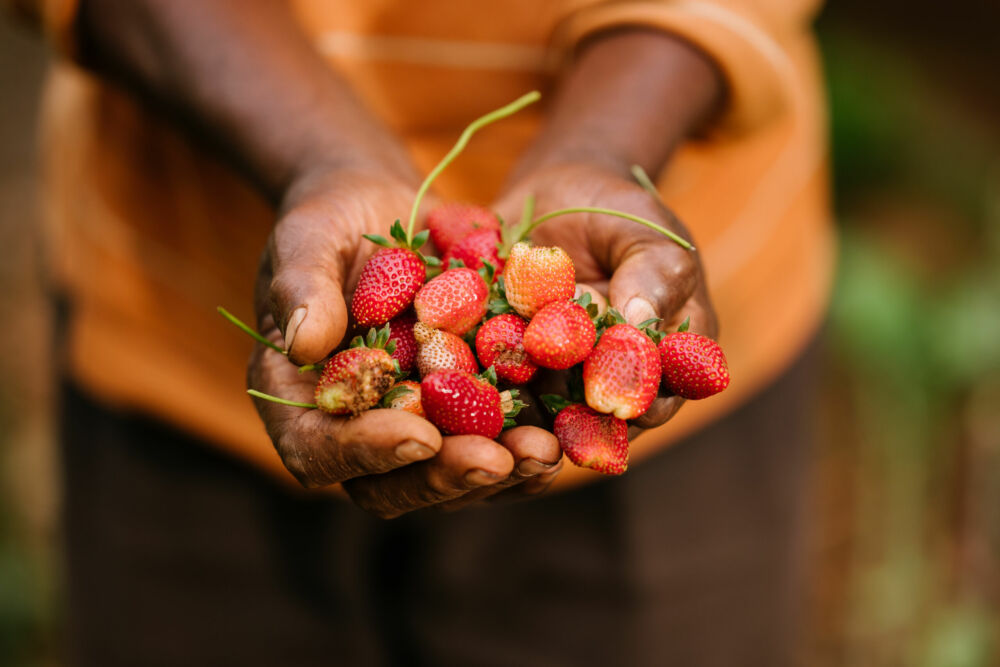We Effect on the guidelines on gender equality and food security
Date
October 30, 2023
Photo: George Kamau
Being an international and intergovernmental platform that works to ensure food security and access to nutrition, the Committee on World Food Security is open to all Member States of the Food and Agricultural Organization (FAO), the International Fund for Agricultural Development (IFAD) or The World Food Programme (WFP) and non-Member States of FAO that are Member States of the United Nations.
One key task of the committee is the development of voluntary guidelines related to food security and nutrition. These recommendations are complementary to and support national, regional, and international initiatives, which aim at addressing all forms of discrimination against women and girls that negatively impact upon food security and nutrition.
At CFS51 in October 2023 the committee had the guidelines on gender equality on the agenda for the second time. Previous year, the CFS was unable to build consensus on key issues and failed to adopt the Voluntary Guidelines. This time around the guidelines were indeed endorsed. However, the international cooperative development organization We Effect and many other actors and stakeholders, including the Swedish government, hoped for a more ambitious document.
In a new policy brief, We Effect has put forward some reflection, recommendation and their own commitments on gender equality and women’s and girls’ empowerment in the context of food security and nutrition. Whilst pushing for a gender transformative and a human right based approach We Effect welcomes the guidelines but also highlights some gaps in the guidelines, such as the lack of acknowledgement of cooperatives in advancing opportunities for women and innovative cooperative solutions contributing to food rights. You can find the full policy brief from We Effect below.